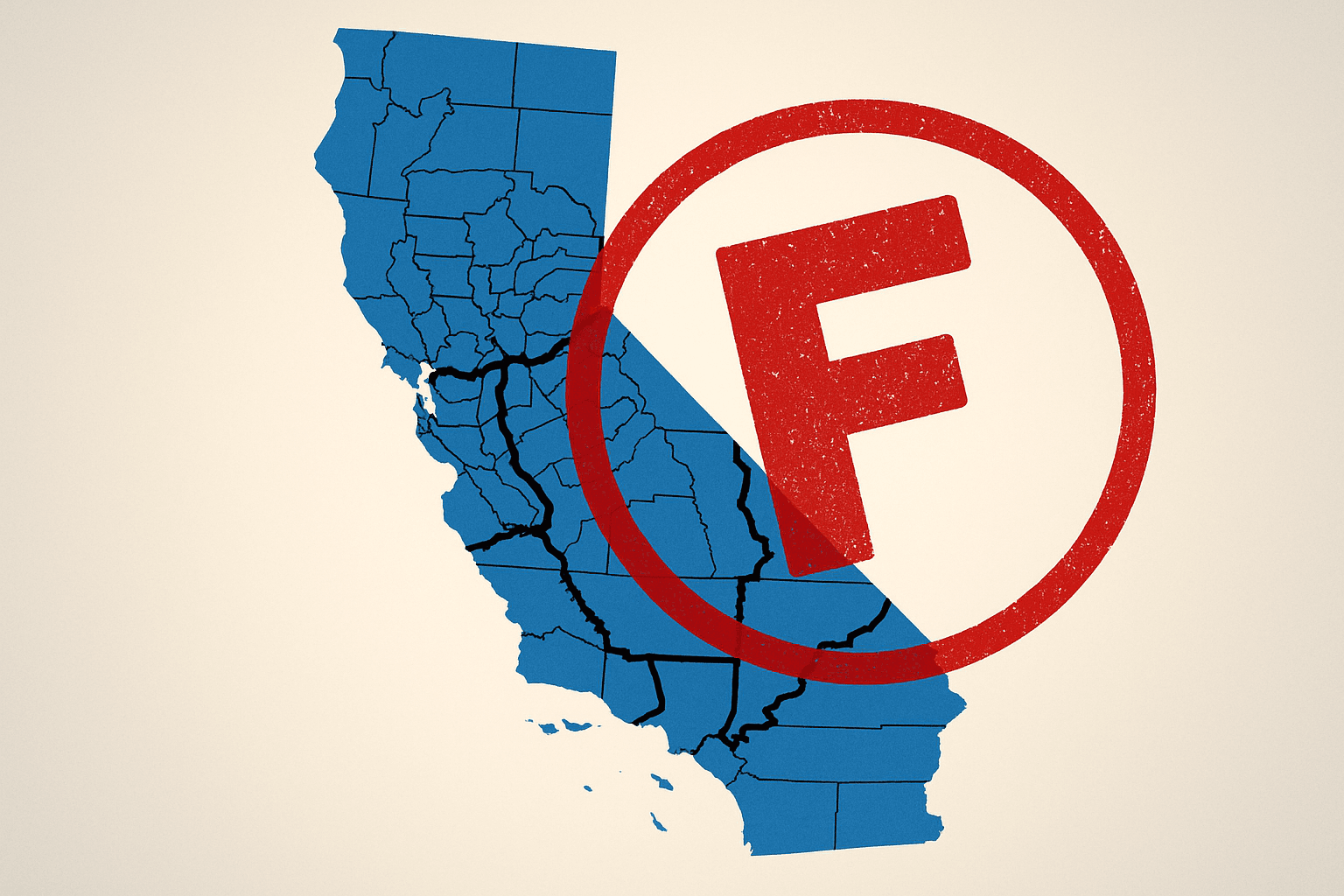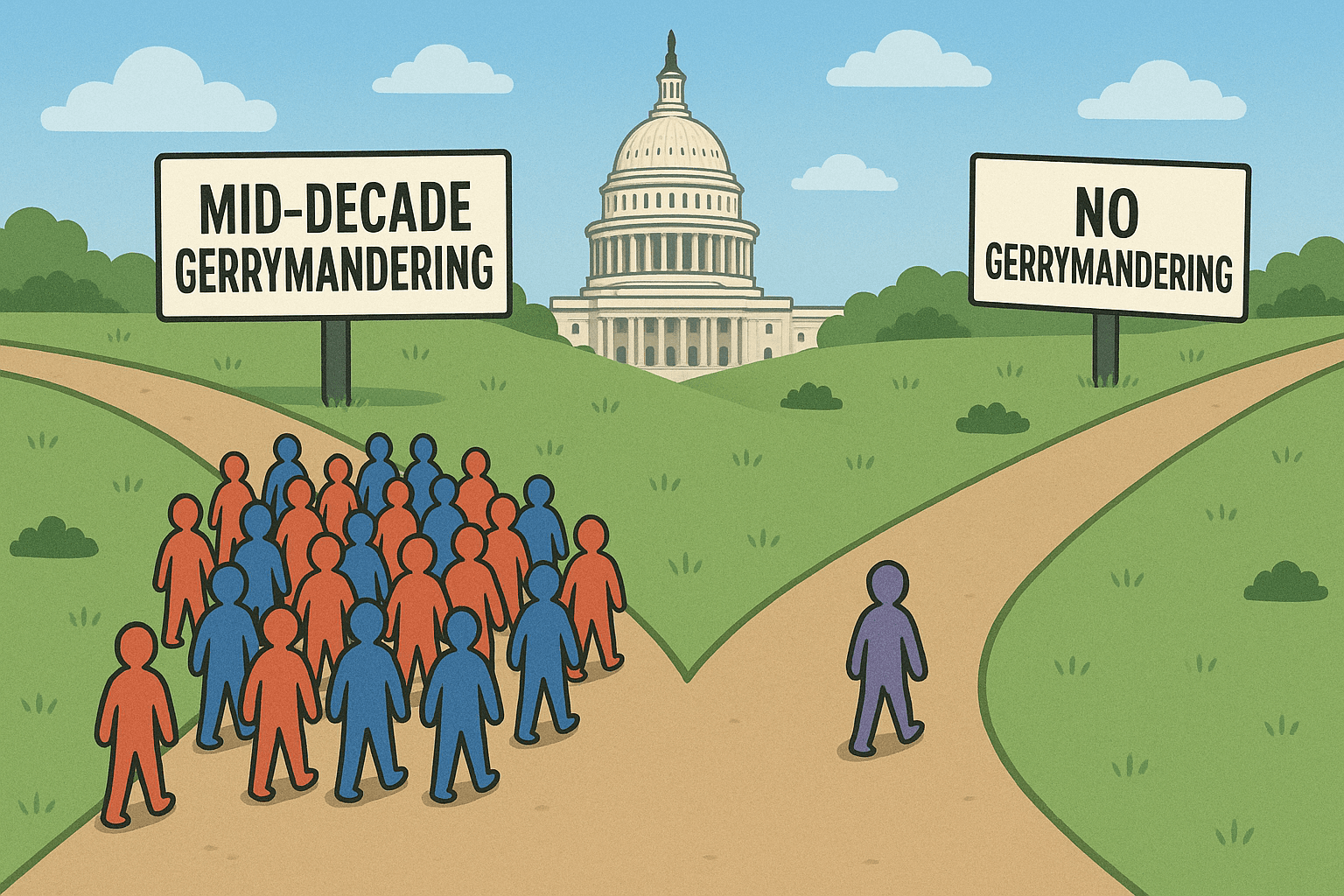California Jobs Initiative, backed by out-of-state oil, seeks to overturn California global warming law

The California Jobs Initiative has submitted over 800,000 signatures, more than twice as many as needed to be on the ballot in November. It seeks, in effect, to overturn the landmark Global Warming Solutions Act of 2006 (AB32) by suspending it unless California unemployment is less than 5.5% for four consecutive quarters, something which rarely happens.
AB32 requires that greenhouse gas emissions in California be reduced to 1990 levels by 2020, which is roughly what Kyoto Protocol provisions are. It was signed into law on Sept. 27, 2006 by Governor Schwarzenegger, who strongly supported it saying, "I say the debate is over. We know the science. We see the threat. And we know the time for action is now.”
The California Air Resources Board recently said AB32 will lead to 2 million jobs by creating new “clean energy and efficient technologies” and that California must “avoid the serious mistake states like Michigan made in using government to try to prop up outdated jobs in dirty industries."
The California Jobs Initiative takes the opposite view, saying AB32 will lead to lost jobs as well as higher energy costs. In terms of jobs, they both may be correct, and it would take a detailed analysis of their predictions to determine how they arrived at them.
However, if California goes to clean energy in a major way, then indeed, that sector will have many new jobs. But dirty industry sectors would unquestionably lose jobs. This is what always happens with disruptive technologies. One industry gains big, another loses.
Look, there can be reasoned and intelligent debate from well-meaning folks on both sides here (I happen to favor AB32) and that’s what democracy is all about. But the California Jobs Initiative isn’t home-grown at all and seems to me to be just one more instance of how the California proposition system is broken and can be easily gamed.
The anti-AB32 proposition is funded almost entirely by two Texas oil companies, Valero and Tesoro. Of the almost $1 million raised, those companies have given $775,000, paying more than half of that to groups who are paid by how many signatures they get. One would assume they expect to get something from their investment.
This shows just how broken the California proposition system is. Deep-pocketed corporations from anywhere can buy their way onto the ballot, and then spend millions in advertising to get it passed.
This is contrary to what the proposition system was supposed to be, a way for California citizens at a grassroots level to change policy by bypassing Sacramento and going directly to the voters. However, there will literally be dozens of propositions on the ballot in November, some genuinely from in-state citizen groups while others are clearly Astroturf, sponsored by corporations lurking in the background working through front groups.
Some are clearly worded, while others are deliberately evasive, sometimes the opposite of what they appear to be at first. There is little chance even the most informed voter will be able to understand all the November ballot propositions.
This seems almost counter to the aim of the proposition system, for voters to engage in direct democracy.
Instead, it’s become murky, gamed, and manipulated. The system needs to be changed.
One possible change: No out-of-state contributions by people or corporations, which would include money received by local groups from out-of-state who could not then give the money to a proposition campaign. Plus, there should be limits of how much any group, corporation, or person could give. Political campaigns have long had contribution limits. Proposition campaigns need to have them too.
Do you think our proposition system is broken? If so, how should we fix it?




